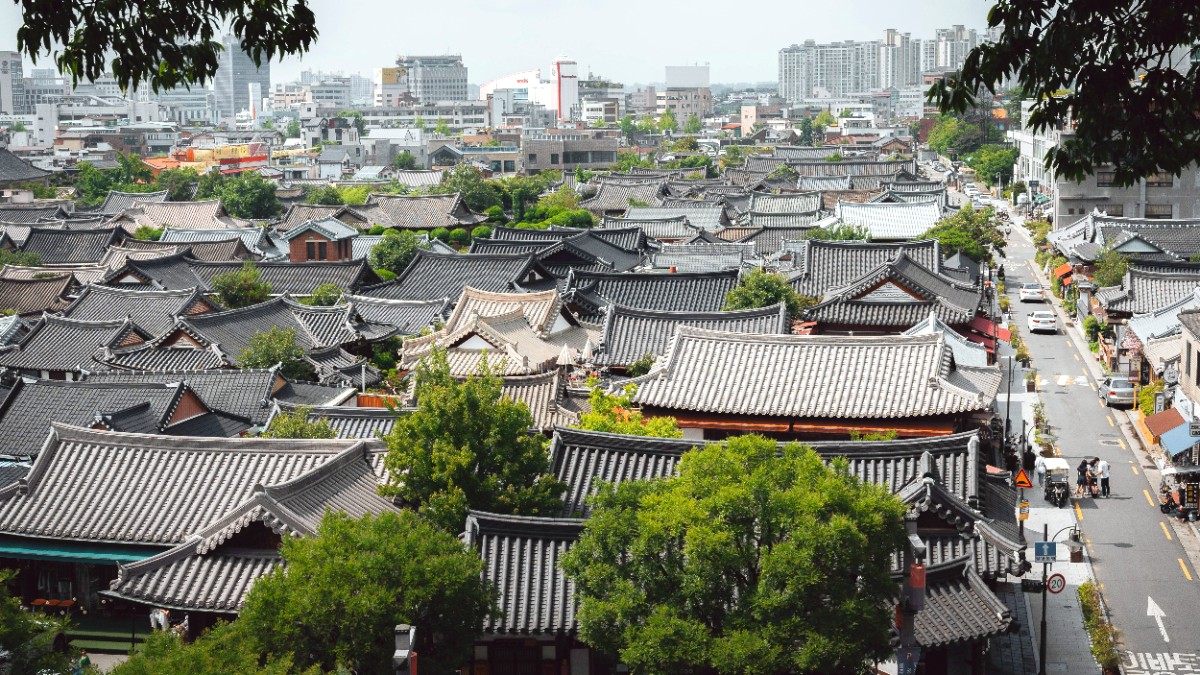
Jeollabuk Do, South Korea
South Korea has great mobile network coverage. Major providers are SK Telecom, KT, and LG U+.
Internet access in South Korea is notably fast and widely available.
The official language is Korean. English signage is growing, but English is not universally spoken by locals outside major tourist-focused businesses.
Learning a few basic phrases significantly supports politeness and interactions.
Consider Priority Pass for airport lounge access. If you experience flight disruptions, Compensair can assist with compensation claims. Inform your bank before travel to avoid card issues. Tipping is not customary in South Korea.
Observing local etiquette and cultural norms displays respect and often leads to more positive interactions with locals.
A slight bow is customary, especially when greeting elders or in formal situations. Handshakes are common among men.
Casual attire is generally acceptable. Respectful attire (shoulders and knees covered) is appreciated when visiting temples or shrines.
Tipping is not customary. Wait to be seated. Use chopsticks for solid food, spoon for rice/soup. Do not stick chopsticks upright in rice.
Generally acceptable in public spaces. Be mindful of privacy.
Avoid sensitive discussions and practice general discretion.
A little effort to learn and follow local customs greatly enhances your travel experience and fosters positive interactions.
Accessibility for travelers with mobility challenges is improving in South Korea, but older areas like parts of Jeonju may still pose some difficulties.
Newer buildings and public infrastructure are increasingly designed with accessibility in mind.
Major museums and certain transportation modes are becoming more accessible.
Specialized services for tourists with visual or hearing impairments are limited compared to some Western countries.
For specific details about Jeonju, contacting the Jeonju Tourist Information Center is recommended.
While Jeonju has charming traditional areas, some parts present accessibility challenges. Plan your routes and accommodations carefully by checking ahead with local information sources.